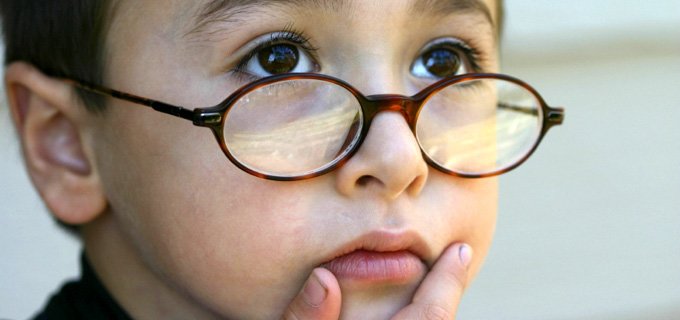
A reader writes:
Once I asked my daughter (12 years old at the time) what she would do if she were stranded alone on a deserted island (I was looking for some drive in her). She said she would die. It’s very sad to imagine what kind of internal view of the world she has that would make her think she has no power or will to survive without someone. For me, it would be a challenge, an opportunity to be proud of what I could do.
Wow. What a good exercise for a child, or an adult!
A lot of people cannot stand their own company. When they’re alone, they become anxious. They’ll even develop panic attacks, whose symptoms resemble those of a heart attack, but are caused solely by terror.
I blame a lot of this on families, but also on educators. ‘It’s all about self-esteem,’ a teacher described (to someone I know) the overriding motivation of teachers in the typical school.
Of course self-esteem matters. But where does it come from? Primarily from the competent use of your mind. In a school of all places, shouldn’t the primary focus be on developing the use of your mind capably? Isn’t that the best psychotherapy and self-esteem development in the world?
I often say that the purpose of childhood—emotionally speaking—is to come out of the experience of childhood having felt loved. You either felt loved, and visible, or you didn’t. No parents are perfect, but you can still come out of childhood feeling loved. If you do, you will tend to trust others; if you don’t, you’ll be suspicious and will likely shun closeness.
If the purpose of psychological development is to foster a child who feels loved, the corresponding purpose of intellectual life is to foster a child who feels confident with his own mind—and therefore with his own company.
This man’s question to his daughter gets straight to the core of the issue. If you found yourself alone, what would you do? A child confident and comfortable with her ability to think will give an answer which boils down to: ‘I’d look for solutions and find them.’ A child neither trained nor inspired to relish the joy of thinking will feel panic, anxiety or hopelessness. Sometimes this is the child’s own conclusion, and not necessarily the fault of adults around him or her. But there’s precious little in formal education or society, as we know it, to inspire the typical child all that much.
If you feel chronic anxiety or panic as an adult, of course there’s hope. But hope resides in developing your ability to think. Read, learn, and develop new skills for the sake of learning them. In so doing, you’ll advance the capability of your mind and you’ll enjoy the benefits of greater confidence. Give yourself the intellectual development you probably never enjoyed in your childhood. Become a serious, honest and earnest thinker; not the cynical, arrogant dolts that most of our leaders/celebrities demonstrate themselves to be.
The main problem I see in today’s society is widespread fear. Too many people are afraid. Because they’re afraid, they look outside of themselves not merely for support or inspiration, but for life itself.
The government meltdown is the result of a government deficit completely out of control. The deficit and debt are the cause of too much spending. Why too much spending? Because mass numbers of people are afraid. Too many are afraid of life. Therefore, they tell elected officials to take care of them. It costs trillions and trillions of dollars to do this–and, like a drug, it can never be enough.
The world is more technologically advanced than ever before. Human beings have always needed rational reasoning and thought to survive. Our sophisticated society enables a lot of problems to be solved on an automated basis. Things that would have taken months or years in the past can now be done in minutes or seconds. It’s fabulous.
But we human beings still need reason more desperately than ever before. We still need it to survive; but we need it to cope, as well.
Too many of us look outside ourselves for the answers. Government is the modern-day religion, although supernatural belief in God never cost quite as much as government does. Instead, we ought to look in our own minds and attempt to discover and understand what’s true. Reality is objective, but our minds—our individual selves—are the only means of coping and making sense of reality.
That’s what too many people are missing.
Be sure to “friend” Dr. Hurd on Facebook. Search under “Michael Hurd” (Rehoboth Beach DE). Get up-to-the-minute postings, recommended articles and links, and engage in back-and-forth discussion with Dr. Hurd on topics of interest.
